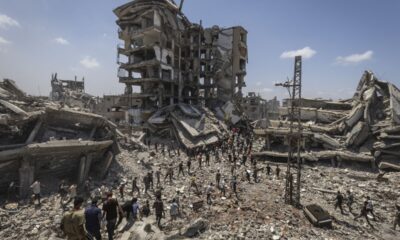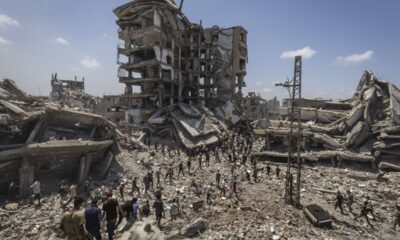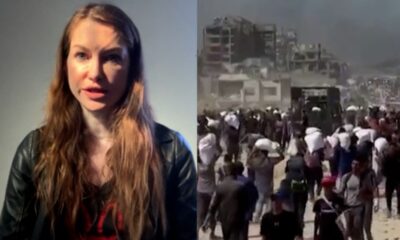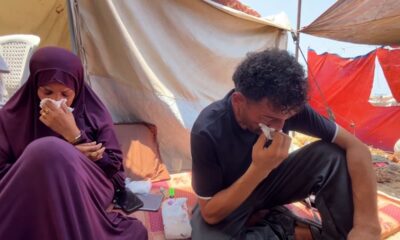Science
Former US Negotiator Warns of Challenges in Gaza Occupation Plans
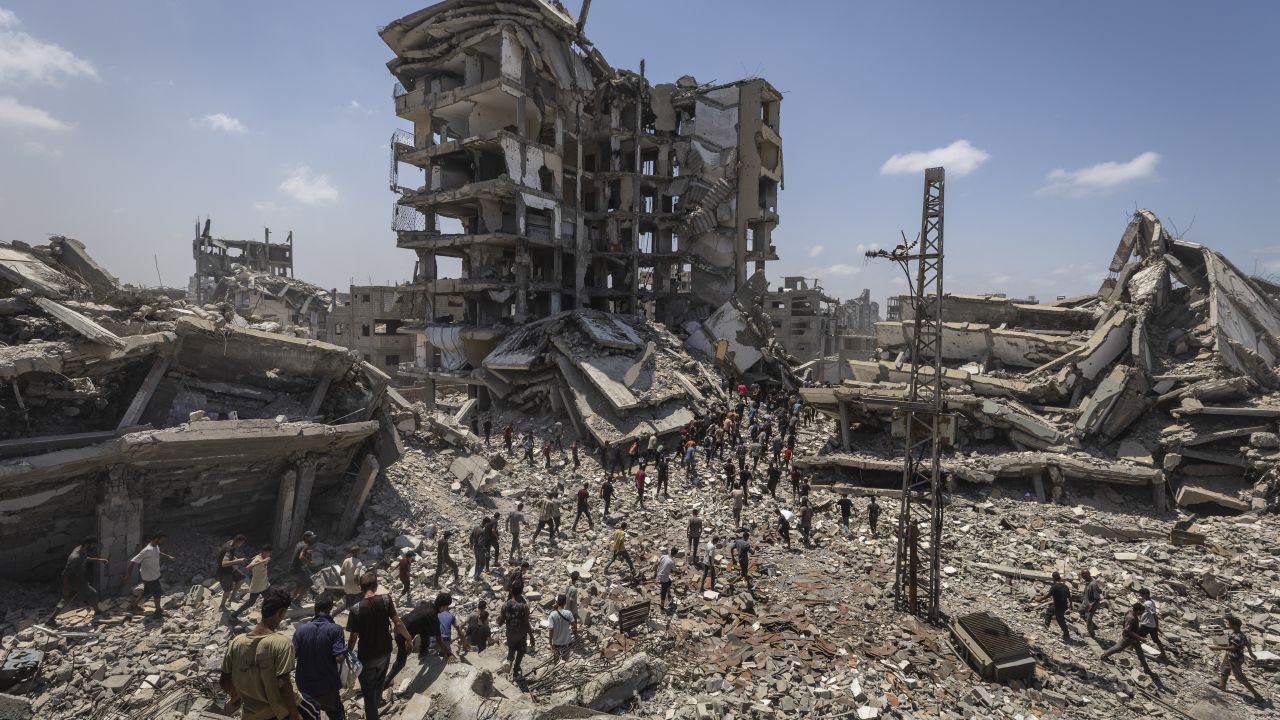
The prospect of Israel occupying Gaza City faces significant challenges, according to former US State Department Middle East negotiator Aaron David Miller. In a recent analysis, Miller highlighted the complexities and potential repercussions of such a military action, raising concerns about its feasibility.
Miller’s insights come amid ongoing tensions in the region and discussions surrounding Israeli Prime Minister Benjamin Netanyahu‘s plans. He asserts that the endeavor to occupy Gaza City would be “extremely difficult to pull off,” emphasizing the intricate dynamics at play.
Complex Military and Political Landscape
The primary obstacle to a successful occupation lies in the densely populated nature of Gaza City. With a population exceeding 700,000, the city presents a myriad of logistical and humanitarian challenges. Miller points out that any military operation in such a context could lead to significant civilian casualties, which would not only escalate local tensions but also draw international condemnation.
Furthermore, Miller notes that the political ramifications of an occupation could be dire. “Israel would not only have to consider military control but also the governance of a city with a long-standing history of conflict,” he stated. The implications for Israel’s relationship with neighboring countries and international allies could also be severe, complicating any potential peace efforts.
In addition to these hurdles, Miller draws attention to the historical context of military occupations in urban environments. He references past conflicts, such as those in Iraq and Afghanistan, where occupying forces faced fierce resistance and complex insurgency dynamics. The lessons learned from these situations may apply directly to the potential occupation of Gaza City.
International Reactions and Future Implications
The international community’s response to a proposed occupation could further complicate Israel’s strategic calculations. Organizations such as the United Nations and various human rights groups have consistently advocated for the protection of civilians during conflicts. Should an occupation lead to significant civilian harm, Israel risks facing sanctions or diplomatic isolation.
Miller’s analysis underscores the importance of considering not just military objectives but also the broader implications for peace and stability in the region. “The focus should be on sustainable solutions rather than military actions that could entrench hostilities,” he advised.
With the situation continuing to evolve, the potential for an Israeli occupation of Gaza City remains a contentious topic. As discussions unfold, the challenges highlighted by Miller may serve as crucial factors for policymakers in Israel and abroad.
In summary, the path forward is fraught with difficulties, and the stakes are high for both Israel and the broader Middle Eastern landscape. As the international community watches closely, the complexities of Gaza City will undoubtedly shape future diplomatic efforts and military strategies.
-

 Technology3 weeks ago
Technology3 weeks agoDiscover the Top 10 Calorie Counting Apps of 2025
-

 Lifestyle3 weeks ago
Lifestyle3 weeks agoBelton Family Reunites After Daughter Survives Hill Country Floods
-

 Education4 weeks ago
Education4 weeks agoWinter Park School’s Grade Drops to C, Parents Express Concerns
-

 Technology2 weeks ago
Technology2 weeks agoHarmonic Launches AI Chatbot App to Transform Mathematical Reasoning
-

 Technology4 weeks ago
Technology4 weeks agoMeta Initiates $60B AI Data Center Expansion, Starting in Ohio
-

 Technology4 weeks ago
Technology4 weeks agoByteDance Ventures into Mixed Reality with New Headset Development
-
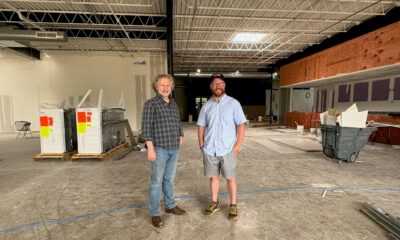
 Lifestyle4 weeks ago
Lifestyle4 weeks agoNew Restaurants Transform Minneapolis Dining Scene with Music and Flavor
-

 Technology3 weeks ago
Technology3 weeks agoMathieu van der Poel Withdraws from Tour de France Due to Pneumonia
-

 Technology4 weeks ago
Technology4 weeks agoRecovering a Suspended TikTok Account: A Step-by-Step Guide
-

 Technology4 weeks ago
Technology4 weeks agoGlobal Market for Air Quality Technologies to Hit $419 Billion by 2033
-

 Health4 weeks ago
Health4 weeks agoSudden Vision Loss: Warning Signs of Stroke and Dietary Solutions
-

 Technology4 weeks ago
Technology4 weeks agoTrump Faces Internal Struggles Over Epstein Files Handling

